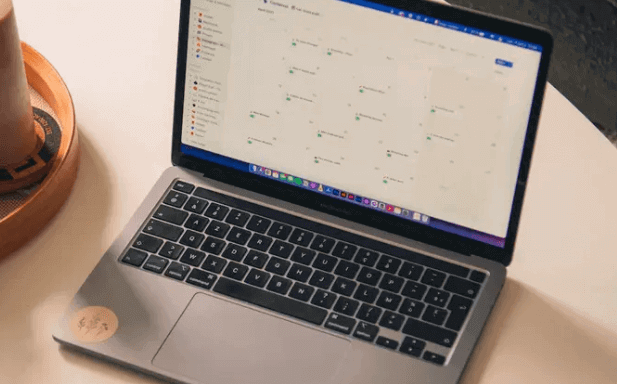The words "procrastination" seem to be the destiny of many product managers. Facing a mountain of requirements documents, user research reports, and development timelines, we often chant the mantra "Do the important things first, then handle the less urgent." Yet, by the end of the day, besides pondering which coffee flavor is better, the work seems barely to have progressed.
So, we often joke: "Certified procrastinator here, emergency kit on standby." But have you ever wondered, is procrastination truly the enemy of a product manager? Perhaps, sometimes, it’s our secret weapon.

1. The Two Faces of Procrastination: A Dance Between Demon and Angel
1. The Demon: How Procrastination Can Destroy Your Career
The downside of procrastination is evident. Time slips away, and the project deadline approaches like a ticking time bomb.
If you allow procrastination to take control, it can very well lead your career down the path of destruction.
Mounting Pressure, Dwindling Efficiency:Psychologists have pointed out that procrastination can lead to prolonged psychological pressure. When we enter "last-minute mode," stress increases, and anxiety builds up. Under such tense conditions, our brains struggle to process tasks effectively. Anxiety stemming from procrastination further hampers productivity, creating a vicious cycle.
Missed Opportunities:Success studies show that procrastination means missing out on valuable opportunities. A sharp market sense and quick decision-making are essential for a successful product manager, but procrastination might cause you to lose that edge, making your product less competitive.
Case Study: Steve Jobs’ Product PerfectionismIt's said that Steve Jobs delayed product releases multiple times because he always felt the product wasn’t perfect enough. While this procrastination sometimes resulted in exceptional Apple products, countless "opportunity windows" were also lost due to these delays, and Apple missed the best moments in the market.
2. The Angel: How to Turn Procrastination into Your Secret Weapon
However, procrastination isn’t all bad. If harnessed properly, it can even become a little angel in your career.
Procrastination as a “Filter” Effect:Sometimes, procrastination helps you automatically filter out unimportant trivialities. Psychologists call this "Optimal Procrastination," meaning that by procrastinating, you naturally focus on more significant, higher-impact tasks. Often, unimportant tasks are "subtly" forgotten as time passes.
The Incubator of Creativity:Creativity often strikes during moments of leisure. Procrastination gives you time to think, reflect, and reevaluate tasks. As success scholar Charles Dickens once said, "I find that putting down the pen and taking a walk often brings the best writing ideas." For product managers, procrastination can sometimes be an opportunity to step outside the box and discover new approaches.
Case Study: The Birth of SlackSlack's founder, Stewart Butterfield, mentioned in an interview that the team was initially working on developing a game, but due to ongoing procrastination, the project made little progress. During this period, they developed an internal communication tool, and this "procrastinated" side product—Slack—eventually became a global leader in enterprise communication.
2. How to Coexist with Procrastination?
1. Set “Short-Term Goals”
Psychological research suggests that people are more likely to procrastinate when faced with distant goals. Break large goals down into short-term, specific, and actionable mini-goals to effectively reduce procrastination. For instance, instead of "Finish the requirements document," break it down into "Complete the product background section today."
2. Apply the “Pomodoro Technique”
The Pomodoro Technique is a time management method: work for 25 minutes, then take a 5-minute break, and repeat. This technique leverages the human brain's focus on short tasks, making large tasks feel less daunting.
3. Foster “Procrastination Creativity”
For tasks that aren't urgent but require creativity, allow yourself to "drag your feet" a little. However, set a final completion deadline. This way, you can leverage the creative benefits of procrastination without falling into an "endless delay" trap.
4. Reevaluate Task Priorities
Before starting a task, ask yourself: "What happens if I don't do this?" If the answer is "almost no impact," then feel free to procrastinate a bit!
5. Learn to Say “No”
Often, we procrastinate because we have too many tasks. Learning to say "no" to non-essential tasks allows you to focus your time and energy on critical work, thus reducing unnecessary delays.
Conclusion: Master Procrastination, Become a Better Version of Yourself
Procrastination is like a double-edged sword. It can either destroy you or help you succeed. As a product manager, rather than battling procrastination, learn to master it and turn it into your "secret weapon."
By wisely utilizing procrastination as an incubator for creativity or a task filter, you’ll find that procrastination can indeed help you become a better version of yourself. After all, the difference between procrastination and success might just be a clever strategy and a little bit of luck!







